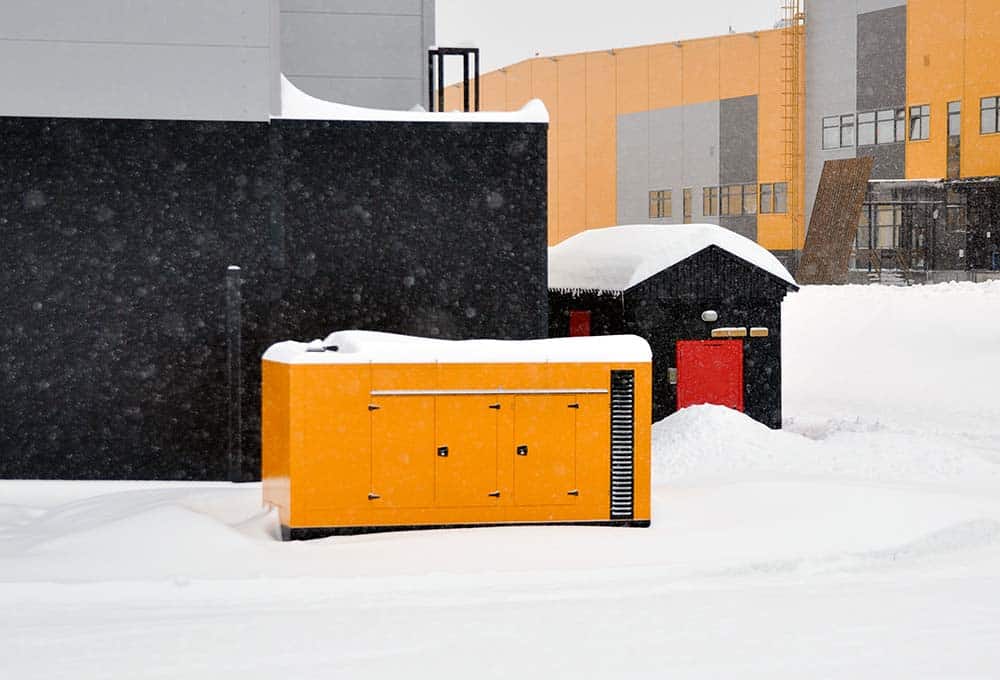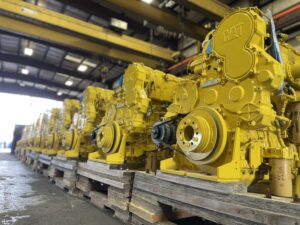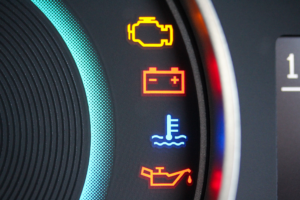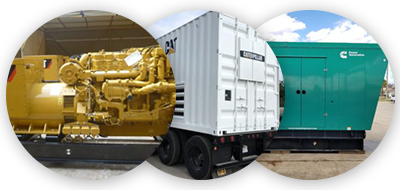
The temperatures are falling, and a new season approaches. La Nina will make her presence known for the third year in a row bringing predictions for severe weather this winter. As people plan to safeguard their homes for the winter season, businesses must also make plans to safeguard their personnel, facilities, and operations.
Planning for the possibility of severe winter storms dramatically affects how your business fares when one strikes. Making a detailed emergency response plan for your business ensures your business keeps running and maintains the safety of your personnel and customers.
Follow these steps to safeguard your business from severe winter storms.
Be aware of storm warnings
If you haven’t already, subscribe to local weather authority alerts or download weather apps for smartphones that keep you updated on changing weather patterns in your community. Alerts are usually issued 12-36 hours before the onset of a winter event. Once alerted to impending weather, activate your emergency plan.
Create a detailed Emergency Weather Plan
Create a plan of action for when bad weather hits. Outline what needs to be done and who needs to complete the tasks. Assign duties to specific employees and contract any outside help you may need.
Essential responsibilities during a severe weather event:
- receiving weather alerts
- communication with the staff
- physical building preparations
- communication with outside contractors
- keeping facilities safe and in operating condition
Revisit this plan for each winter storm threat. Outline forecasted hazards like snow, ice and wind, then decide how to proceed. Determine when to make crucial decisions, like calls to close early, shut down completely, or employ a downsized crew. Determine what conditions require essential personnel and how operations will run under severe conditions. Educate all employees on the Emergency Weather Plan. Employees need to know their responsibilities under emergency circumstances to stay safe and keep operations up and running.
Assess your needs
Every business has different needs based on location and industry. Make sure your building is adequately winterized, whether you own or rent. Essential winterization will go a long way to prevent business shutdowns. No one wants to deal with burst pipes or collapsed roofs that bring costly repairs and loss of production time.
What will you need to keep operations moving? Take inventory of what is most important during power loss, like sensitive inventory, backup data systems or vital machinery. Then, ensure the implementation of a backup power plan to meet those critical needs.
Prepare for a winter storm power outage
The most common threat to keeping your business running is loss of power. Having a comprehensive backup power plan in place for any operational interruption is the key to keeping your business going after a loss of power. When a winter storm hits and power goes out, the backup plan goes into action immediately. Generators power up and keep the lights on, computer systems running and critical equipment operating.
A backup generator protects your business from the following:
- Product loss
- Data breach
- Downtime
- Security failures
- Medical emergency
- Loss of revenue
Establish a Backup Power Plan
In any severe weather event, businesses cannot operate without power. A backup power plan is vital to the continuation of your business. Follow these three steps to create the best backup power plan for you.
- Assess your risk and power needs: create a reliable backup power plan that fits your needs by assessing your risk and energy needs during a power outage. Each business is unique and has different power requirements to continue operations-some need to power an entire operation, while others only need to keep critical functions running. Knowing what you will need during a power outage is the first step.
- Diesel or natural gas: learn what type of generator fits your needs, diesel or natural gas. Both are reliable sources of power, but each has requirements to run at its peak. Natural gas generators require access and connection to gas utility lines and run quieter and cleaner than their diesel counterparts. Diesel generators are more reliable because they do not rely on utility lines to operate. However, they are limited by the amount of diesel fuel available.
- Budget: know what fits into your operating budget. Also, consider the financial benefits of having a generator. A generator will pay for itself during a power outage because your business will continue to operate and avoid losing revenue. A generator is another form of insurance for your business, protecting you from loss of power, security, production, and revenue.
Depco can help
Rely on Depco to create your backup power plan today. Our sales team will create a plan tailor-made for your business. Depco has commercial and industrial generators in stock for emergency and backup power. Your must be prepared for a winter storm – once strikes, it is too late to take action. Make sure you have a reliable backup power source ready to go.






